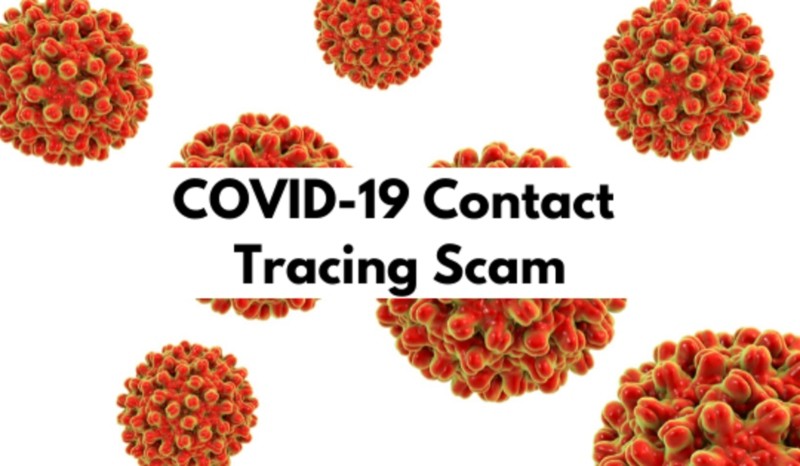from Council on Aging of Middle Tennessee
The Better Business Bureau (BBB) of the Mid-South recently issued a warning about a COVID-19 contact tracing scam. Contact tracing is how public health officials track people who might have been exposed to the coronavirus. People have reported receiving text messages and robocalls related to this scam but it is wise to be cautious of emails and social media messages too. The BBB has provided tips to keep you informed.
How to tell a real contact tracer from a scam:
1. Contact tracers will ask you to confirm your identity, but not financial information. Tracers will ask you to confirm your name, address, and date of birth. In most cases, they will already have this information on file. They will also ask about your current health, medical history, and recent travels. They will not ask for your social security number or bank account details.
2. Contact tracers will identify themselves. Legitimate tracers should start the conversation by providing their name and identifying themselves as calling from the health department or another official team.
3. Contact tracing is normally done by phone call. Be extra wary of social media messages or texts.
4. Official contact tracers will never reveal the identity of the person who tested positive. If they provide a person’s name, you know it’s a scam.
5. Double-check the URL (web address). Scammers often buy official-looking URLs to use in their scams. Before you click on a link, check the web address provided. If the message is supposed to come from the local government, make sure the URL ends in .gov. When in doubt, perform a separate internet search for the website.
Please join our FREE Newsletter
















